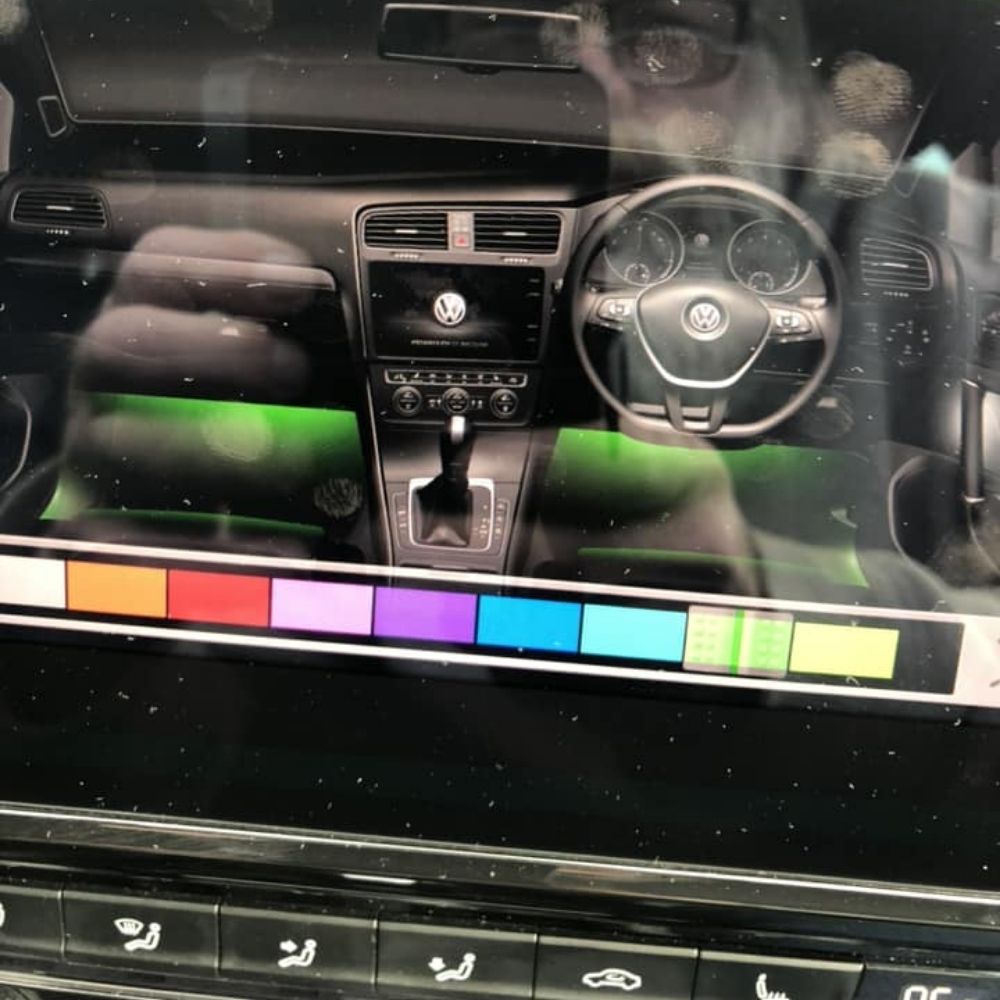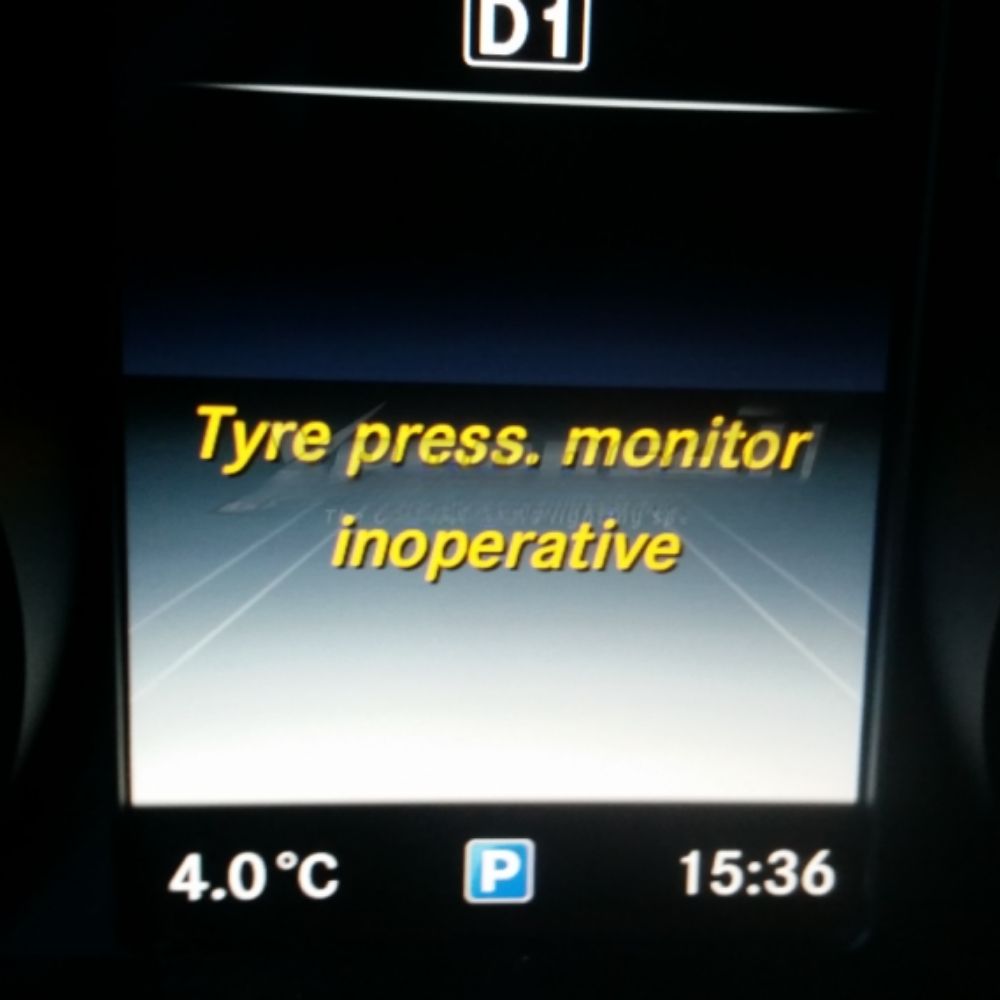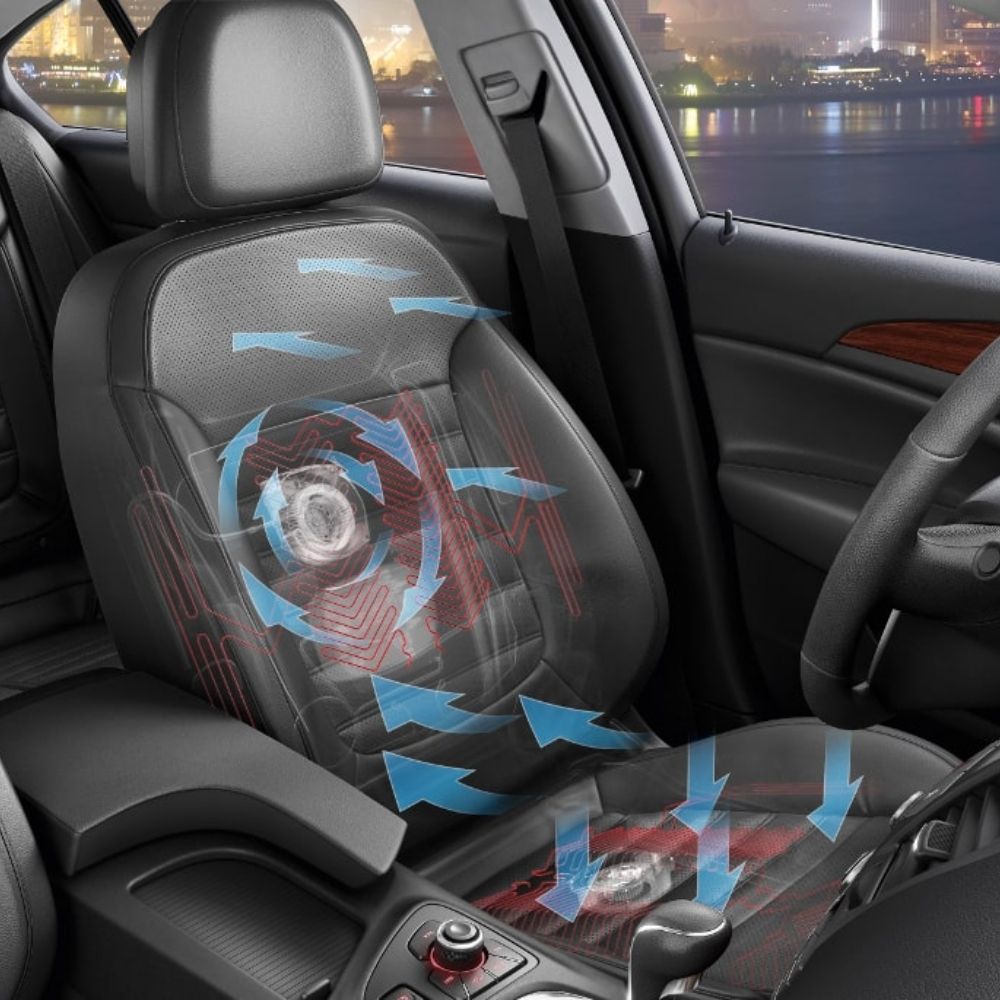
What Causes 008825 Audi Code & How to Fix It?
Contents
- 1. What Does the Audi Code 008825 Really Mean?
- 1.1. How Does the Air Intake System Work in an Audi?
- 1.2. Why is a Leak in the Air Intake System a Problem?
- 1.3. What are the Symptoms of Code 008825?
- 2. What are the Common Causes of the 008825 Audi Code?
- 2.1. What is the Role of the PCV Valve and How Does It Cause the 008825 Code?
- 2.2. How Do Damaged Intake Hoses Contribute to the 008825 Code?
- 2.3. Can a Faulty MAF Sensor Cause the 008825 Code?
- 3. How to Diagnose the 008825 Audi Code Step-by-Step?
- 3.1. How to Perform a Smoke Test to Locate Air Leaks?
- 3.2. How to Check the PCV Valve for Proper Operation?
- 3.3. What Tools are Needed to Diagnose the 008825 Code?
- 4. How to Fix the 008825 Audi Code?
- 4.1. Step-by-Step Guide to Replacing Intake Hoses
- 4.2. How to Replace a Faulty PCV Valve?
- 4.3. Can Cleaning the MAF Sensor Resolve the 008825 Code?
- 5. What are the Costs Associated with Fixing the 008825 Audi Code?
- 5.1. Is it Cheaper to DIY or Hire a Professional Mechanic?
- 5.2. How Much Does a Smoke Test Cost at a Repair Shop?
- 6. How Can AutoExplain.com Help with the 008825 Audi Code?
- 6.1. What Remote Diagnostic Services Does AutoExplain.com Offer?
- 6.2. How Does AutoExplain.com Provide Remote Support for Audi Repairs?
- 6.3. What are the Benefits of Using AutoExplain.com for Audi Repairs?
- 7. What are Other Potential Issues that Could Mimic the 008825 Code?
- 7.1. How Can Vacuum Leaks Mimic the 008825 Code?
- 7.2. Can a Dirty Throttle Body Cause Similar Symptoms to Code 008825?
- 7.3. Why is it Important to Check the Oxygen Sensor When Diagnosing Air Intake Issues?
- 8. How to Prevent the 008825 Audi Code from Recurring?
- 8.1. What is the Recommended Maintenance Schedule for the Air Intake System?
- 8.2. How Can Regular Air Filter Replacement Prevent the 008825 Code?
- 8.3. Why is it Important to Address Vacuum Leaks Promptly to Prevent Recurring Issues?
- 9. What are Some Advanced Diagnostic Techniques for the 008825 Audi Code?
- 9.1. How Can Live Data Monitoring Help Diagnose the 008825 Code?
- 9.2. Why is a Compression Test Useful in Diagnosing Air Intake Issues?
- 9.3. How Can Factory Service Manuals Aid in Diagnosing the 008825 Code?
- 10. Frequently Asked Questions (FAQ) About the 008825 Audi Code
The 008825 Audi Code signifies a leak in the air intake system, leading to engine vibration and idling issues. AutoExplain.com offers remote diagnostic and programming services to pinpoint the exact source of the leak and guide you through the repair process, including PCV valve checks and intake system inspections and software updates.
1. What Does the Audi Code 008825 Really Mean?
The Audi code 008825, also known as P2279, indicates a “Leak in Air Intake System.” This means that unmetered air is entering the engine after the mass airflow sensor (MAF), causing an imbalance in the air-fuel mixture. This imbalance can lead to various drivability problems, including rough idling, engine vibration, and a check engine light. The root cause is often a breach in the intake system that allows air to bypass the normal intake path, which can impact engine performance.
1.1. How Does the Air Intake System Work in an Audi?
The air intake system in an Audi is responsible for delivering clean, filtered air to the engine for combustion. It typically consists of the following components:
- Air Filter: Removes dirt and debris from the incoming air.
- Mass Airflow Sensor (MAF): Measures the amount of air entering the engine.
- Throttle Body: Controls the amount of air entering the engine.
- Intake Manifold: Distributes air to the cylinders.
- Various Hoses and Connections: Connect all the components together.
1.2. Why is a Leak in the Air Intake System a Problem?
A leak in the air intake system allows unmetered air to enter the engine. This unmetered air is not accounted for by the MAF sensor, leading to an incorrect air-fuel mixture. This can cause:
- Rough Idling: The engine may struggle to maintain a smooth idle.
- Engine Vibration: The engine may vibrate due to the imbalanced air-fuel mixture.
- Reduced Power: The engine may not produce as much power as it should.
- Poor Fuel Economy: The engine may consume more fuel than normal.
- Check Engine Light: The engine control unit (ECU) will detect the imbalance and illuminate the check engine light.
1.3. What are the Symptoms of Code 008825?
- Check Engine Light
- Rough idling
- Engine vibration
- Reduced power
- Poor fuel economy
- Fluctuating RPMs at idle
- Hissing sound from the engine bay
2. What are the Common Causes of the 008825 Audi Code?
Several issues can trigger the 008825 code in your Audi. Here are the most common culprits:
- Cracked or Damaged Intake Hoses: Over time, the rubber hoses in the intake system can become brittle and crack, leading to leaks.
- Loose or Damaged Intake Manifold Gasket: The gasket between the intake manifold and the engine cylinder head can deteriorate, causing air leaks.
- Faulty PCV Valve: The Positive Crankcase Ventilation (PCV) valve regulates pressure in the crankcase. A faulty valve can cause vacuum leaks.
- Damaged Mass Airflow (MAF) Sensor: A faulty MAF sensor can provide inaccurate readings, leading to an incorrect air-fuel mixture.
- Leaking Throttle Body Gasket: The gasket between the throttle body and the intake manifold can leak, causing air to enter the system.
- Vacuum Leaks: Small cracks or breaks in vacuum lines can cause unmetered air to enter the intake system.
- Improperly Installed or Damaged Air Filter: A poorly installed or damaged air filter can allow unfiltered air to enter the system.
- Aftermarket Intake Systems: Installation issues or poor-quality components in aftermarket intake systems can lead to leaks.
2.1. What is the Role of the PCV Valve and How Does It Cause the 008825 Code?
The PCV (Positive Crankcase Ventilation) valve is a critical component in your Audi’s emissions control system. It regulates the pressure within the engine’s crankcase by venting excess pressure and gases back into the intake manifold to be burned during combustion. When the PCV valve fails, it can cause a vacuum leak, allowing unmetered air to enter the intake system. This throws off the air-fuel ratio, triggering the 008825 code. Common symptoms of a faulty PCV valve include rough idling, a hissing sound from the engine, and oil leaks.
2.2. How Do Damaged Intake Hoses Contribute to the 008825 Code?
Intake hoses connect various components of the air intake system, such as the air filter housing, MAF sensor, throttle body, and intake manifold. Over time, these hoses can become brittle, cracked, or disconnected due to heat, age, and environmental factors. When these hoses develop leaks, unmetered air enters the engine, causing the air-fuel mixture to become imbalanced. This imbalance is detected by the engine control unit (ECU), which then triggers the 008825 code. Inspecting and replacing damaged intake hoses is crucial for resolving this issue.
2.3. Can a Faulty MAF Sensor Cause the 008825 Code?
While the 008825 code directly indicates a leak in the air intake system, a faulty MAF (Mass Airflow) sensor can indirectly contribute to the problem. The MAF sensor measures the amount of air entering the engine, and this data is used by the ECU to calculate the correct amount of fuel to inject. If the MAF sensor provides inaccurate readings, the ECU may miscalculate the air-fuel mixture, leading to symptoms similar to those caused by an air leak. Although the root cause is different, a faulty MAF sensor can exacerbate the issues associated with the 008825 code.
3. How to Diagnose the 008825 Audi Code Step-by-Step?
Diagnosing the 008825 Audi code requires a systematic approach to pinpoint the source of the air leak. Here’s a step-by-step guide:
- Visual Inspection:
- Check all intake hoses for cracks, tears, or loose connections.
- Inspect the intake manifold for any signs of damage.
- Examine the air filter housing for proper sealing.
- Smoke Test:
- Use a smoke machine to introduce smoke into the intake system.
- Observe where the smoke escapes to identify the location of the leak.
- PCV Valve Test:
- Inspect the PCV valve for proper operation.
- Check for excessive vacuum at the oil filler cap.
- MAF Sensor Inspection:
- Visually inspect the MAF sensor for contamination or damage.
- Use a scan tool to check the MAF sensor readings.
- Throttle Body Inspection:
- Check the throttle body for proper sealing.
- Inspect the throttle body gasket for damage.
- Scan Tool Diagnostics:
- Use a scan tool to read and clear the fault codes.
- Monitor live data to identify any abnormalities in the air intake system.
3.1. How to Perform a Smoke Test to Locate Air Leaks?
A smoke test is an effective method for locating air leaks in the intake system. Here’s how to perform one:
- Prepare the Vehicle: Ensure the engine is cool and the vehicle is in a well-ventilated area.
- Connect the Smoke Machine: Disconnect the air intake hose after the MAF sensor and connect the smoke machine to the intake system.
- Introduce Smoke: Turn on the smoke machine and introduce smoke into the intake system.
- Observe for Leaks: Carefully inspect all intake components, hoses, and connections for escaping smoke. The smoke will reveal the location of any leaks.
- Repair the Leaks: Once you have identified the leaks, repair or replace the damaged components.
- Re-Test: After making repairs, perform another smoke test to ensure all leaks have been fixed.
3.2. How to Check the PCV Valve for Proper Operation?
Checking the PCV valve is crucial in diagnosing the 008825 code. Here’s how to do it:
- Visual Inspection: Remove the PCV valve and inspect it for any signs of damage, such as cracks or clogs.
- Rattle Test: Shake the PCV valve. You should hear a rattling sound, indicating that the internal components are moving freely. If there is no rattle, the valve may be stuck or clogged.
- Vacuum Test: With the engine running, disconnect the PCV valve hose and place your finger over the valve opening. You should feel a strong vacuum. If there is little or no vacuum, the PCV valve may be faulty.
- Oil Cap Test: With the engine running, remove the oil filler cap. If there is excessive vacuum, the PCV valve may be stuck open, causing a vacuum leak.
- Replacement: If the PCV valve fails any of these tests, replace it with a new one.
3.3. What Tools are Needed to Diagnose the 008825 Code?
To effectively diagnose the 008825 Audi code, you will need the following tools:
- OBD-II Scan Tool: To read and clear diagnostic trouble codes (DTCs) and monitor live data.
- Smoke Machine: To locate air leaks in the intake system.
- Multimeter: To test electrical components, such as the MAF sensor.
- Vacuum Gauge: To measure vacuum pressure in the intake system.
- Socket Set and Wrenches: To remove and install components.
- Screwdrivers: To tighten or loosen hose clamps and screws.
- Inspection Light: To illuminate hard-to-see areas.
- Mechanic’s Gloves: To protect your hands.
- Safety Glasses: To protect your eyes.
4. How to Fix the 008825 Audi Code?
Fixing the 008825 Audi code involves addressing the root cause of the air leak. Here are the common repair steps:
- Replace Damaged Intake Hoses: Replace any cracked, torn, or damaged intake hoses.
- Replace Intake Manifold Gasket: Replace the intake manifold gasket if it is leaking.
- Replace Faulty PCV Valve: Replace the PCV valve if it is not functioning properly.
- Clean or Replace MAF Sensor: Clean the MAF sensor with a MAF sensor cleaner or replace it if necessary.
- Replace Throttle Body Gasket: Replace the throttle body gasket if it is leaking.
- Repair Vacuum Leaks: Repair any vacuum leaks by replacing damaged vacuum lines or connectors.
- Ensure Proper Air Filter Installation: Make sure the air filter is properly installed and not damaged.
- Check Aftermarket Intake Systems: Inspect aftermarket intake systems for leaks or installation issues.
4.1. Step-by-Step Guide to Replacing Intake Hoses
Replacing damaged intake hoses is a straightforward process. Follow these steps:
- Gather Tools: You will need a socket set, screwdrivers, hose clamp pliers, and new intake hoses.
- Locate Damaged Hoses: Identify the cracked or damaged intake hoses that need to be replaced.
- Remove Old Hoses: Use hose clamp pliers to loosen the hose clamps and carefully remove the old hoses.
- Install New Hoses: Install the new intake hoses, ensuring they are properly seated and secured with hose clamps.
- Tighten Clamps: Tighten the hose clamps to prevent leaks.
- Inspect: Double-check all connections to ensure they are secure.
- Test: Start the engine and check for any air leaks or unusual noises.
4.2. How to Replace a Faulty PCV Valve?
Replacing a faulty PCV valve is a relatively simple task. Here’s how to do it:
- Locate the PCV Valve: The PCV valve is typically located on the valve cover or intake manifold.
- Disconnect Hoses: Disconnect the hoses connected to the PCV valve.
- Remove the Old Valve: Remove the old PCV valve by unscrewing it or unclipping it from its mounting.
- Install the New Valve: Install the new PCV valve, ensuring it is properly seated and secured.
- Reconnect Hoses: Reconnect the hoses to the PCV valve.
- Test: Start the engine and check for any air leaks or unusual noises.
4.3. Can Cleaning the MAF Sensor Resolve the 008825 Code?
In some cases, cleaning the MAF (Mass Airflow) sensor can help resolve the 008825 code, especially if the sensor is contaminated with dirt or oil. Here’s how to clean it:
- Disconnect the MAF Sensor: Disconnect the electrical connector from the MAF sensor.
- Remove the MAF Sensor: Remove the MAF sensor from the intake system.
- Spray with MAF Cleaner: Use a specialized MAF sensor cleaner to spray the sensor element. Do not touch the sensor element with anything.
- Allow to Dry: Allow the MAF sensor to air dry completely.
- Reinstall the MAF Sensor: Reinstall the MAF sensor into the intake system.
- Reconnect the Electrical Connector: Reconnect the electrical connector to the MAF sensor.
- Test: Start the engine and check if the 008825 code is still present.
If cleaning the MAF sensor does not resolve the issue, you may need to replace it.
5. What are the Costs Associated with Fixing the 008825 Audi Code?
The cost of fixing the 008825 Audi code can vary depending on the cause of the leak and whether you choose to repair it yourself or take it to a professional mechanic. Here’s a breakdown of potential costs:
- Intake Hoses: $20 – $100 per hose
- Intake Manifold Gasket: $30 – $150
- PCV Valve: $20 – $80
- MAF Sensor: $80 – $300
- Throttle Body Gasket: $10 – $50
- Labor Costs: $75 – $150 per hour
If you choose to have a professional mechanic diagnose and repair the issue, you can expect to pay anywhere from $150 to $500 or more, depending on the complexity of the repair and the shop’s labor rate.
5.1. Is it Cheaper to DIY or Hire a Professional Mechanic?
Whether it’s cheaper to DIY or hire a professional mechanic depends on your mechanical skills, the complexity of the repair, and the cost of parts. If you are comfortable working on your car and have the necessary tools, you can save money by doing the repair yourself. However, if you are not mechanically inclined or the repair is complex, it’s best to hire a professional mechanic to avoid causing further damage. Keep in mind that mistakes can be costly.
5.2. How Much Does a Smoke Test Cost at a Repair Shop?
The cost of a smoke test at a repair shop can vary depending on the shop’s labor rate and the complexity of the test. On average, you can expect to pay between $50 and $150 for a smoke test. Some shops may include the cost of the smoke test in the overall diagnostic fee.
6. How Can AutoExplain.com Help with the 008825 Audi Code?
AutoExplain.com offers remote diagnostic and programming services to help you resolve the 008825 Audi code quickly and efficiently. Our team of experienced technicians can remotely access your vehicle’s computer system to diagnose the issue and provide step-by-step guidance on how to fix it. We can also provide programming services for ECU, TCM, and BCM modules, as well as key programming and navigation updates. With AutoExplain.com, you can get the expert support you need without having to visit a repair shop.
6.1. What Remote Diagnostic Services Does AutoExplain.com Offer?
AutoExplain.com offers a range of remote diagnostic services, including:
- Fault Code Diagnosis: We can remotely read and interpret fault codes from your vehicle’s computer system.
- Live Data Monitoring: We can monitor live data from your vehicle’s sensors to identify any abnormalities.
- System Testing: We can perform various system tests to diagnose the root cause of the issue.
- Programming and Coding: We can provide programming and coding services for ECU, TCM, and BCM modules.
- Key Programming: We can program new keys for your vehicle.
- Navigation Updates: We can update your vehicle’s navigation system with the latest maps and software.
6.2. How Does AutoExplain.com Provide Remote Support for Audi Repairs?
AutoExplain.com provides remote support through a variety of channels, including:
- WhatsApp: You can contact our technicians via WhatsApp for quick and easy support.
- Email: You can email us your questions and concerns, and we will respond promptly.
- Remote Access: We can remotely access your vehicle’s computer system to diagnose the issue and provide step-by-step guidance.
- Video Conferencing: We can provide video conferencing support to visually guide you through the repair process.
6.3. What are the Benefits of Using AutoExplain.com for Audi Repairs?
There are several benefits to using AutoExplain.com for Audi repairs:
- Convenience: You can get expert support without having to visit a repair shop.
- Cost-Effectiveness: Our remote services are often more affordable than traditional repair shop services.
- Expertise: Our team of experienced technicians has the knowledge and skills to diagnose and repair a wide range of Audi issues.
- Speed: We can often diagnose and resolve issues more quickly than traditional repair shops.
- Support: We provide ongoing support to ensure your vehicle is running smoothly.
7. What are Other Potential Issues that Could Mimic the 008825 Code?
While the 008825 code specifically points to a leak in the air intake system, certain other issues can cause similar symptoms, potentially leading to misdiagnosis. Being aware of these potential mimics can save you time and effort in troubleshooting.
- Vacuum Leaks: Vacuum leaks anywhere in the engine can disrupt the air-fuel mixture, leading to rough idling and performance issues.
- Dirty Throttle Body: A dirty throttle body can restrict airflow, causing similar idling problems.
- Faulty Oxygen Sensor: A malfunctioning oxygen sensor can provide incorrect data to the ECU, leading to an improper air-fuel mixture.
- Fuel Injector Issues: Clogged or faulty fuel injectors can disrupt the fuel supply, causing engine misfires and rough running.
- Ignition System Problems: Weak spark plugs, faulty ignition coils, or other ignition system problems can lead to incomplete combustion and engine performance issues.
7.1. How Can Vacuum Leaks Mimic the 008825 Code?
Vacuum leaks can closely mimic the symptoms of the 008825 code because they also introduce unmetered air into the engine. This unmetered air bypasses the mass airflow sensor (MAF), causing the engine control unit (ECU) to miscalculate the air-fuel ratio. As a result, the engine may experience rough idling, hesitation, reduced power, and illumination of the check engine light. Vacuum leaks can occur in various locations, such as vacuum hoses, intake manifold gaskets, and throttle body gaskets, making them a common source of confusion when diagnosing air intake issues.
7.2. Can a Dirty Throttle Body Cause Similar Symptoms to Code 008825?
Yes, a dirty throttle body can indeed cause symptoms similar to those associated with the 008825 code. The throttle body controls the amount of air entering the engine, and over time, it can accumulate dirt, carbon deposits, and oil residue. This buildup can restrict airflow, especially at idle, leading to rough idling, stalling, and poor throttle response. While a dirty throttle body doesn’t directly cause an air leak, the restricted airflow can mimic the effects of unmetered air entering the system, making it essential to clean the throttle body as part of the diagnostic process.
7.3. Why is it Important to Check the Oxygen Sensor When Diagnosing Air Intake Issues?
Checking the oxygen sensor is crucial when diagnosing air intake issues because it plays a vital role in monitoring the air-fuel mixture. The oxygen sensor measures the amount of oxygen in the exhaust gas and sends this information to the ECU. The ECU uses this data to adjust the fuel injection and maintain the optimal air-fuel ratio. If the oxygen sensor is faulty or providing inaccurate readings, it can lead to an improper air-fuel mixture, causing symptoms similar to those caused by an air leak. Therefore, it’s essential to verify the oxygen sensor’s functionality to ensure accurate diagnosis and avoid misattributing the problem to an air intake leak.
8. How to Prevent the 008825 Audi Code from Recurring?
Preventing the 008825 Audi code from recurring involves regular maintenance and proactive measures to ensure the integrity of your vehicle’s air intake system. Here are some tips:
- Regularly Inspect Intake Hoses: Check the intake hoses for cracks, tears, or loose connections at least once a year.
- Replace Air Filter Regularly: Replace the air filter according to the manufacturer’s recommendations.
- Clean Throttle Body Periodically: Clean the throttle body every 30,000 miles to prevent carbon buildup.
- Monitor PCV Valve: Check the PCV valve for proper operation and replace it if necessary.
- Ensure Proper Air Filter Installation: Make sure the air filter is properly installed and not damaged.
- Address Vacuum Leaks Promptly: Repair any vacuum leaks as soon as they are detected.
8.1. What is the Recommended Maintenance Schedule for the Air Intake System?
Following a recommended maintenance schedule for the air intake system can help prevent issues that lead to the 008825 code. Here’s a suggested schedule:
- Every 12 Months or 12,000 Miles: Inspect intake hoses for cracks, tears, or loose connections.
- Every 24 Months or 24,000 Miles: Replace the air filter.
- Every 30,000 Miles: Clean the throttle body.
- Every 50,000 Miles: Inspect the PCV valve and replace if necessary.
- As Needed: Address any vacuum leaks or other issues promptly.
8.2. How Can Regular Air Filter Replacement Prevent the 008825 Code?
Regular air filter replacement is crucial for preventing the 008825 code because a clean air filter ensures that only clean air enters the engine. A clogged or dirty air filter restricts airflow, causing the engine to work harder and potentially creating vacuum leaks. Additionally, a damaged air filter can allow unfiltered air to enter the system, leading to contamination of the MAF sensor and other components. By replacing the air filter regularly, you maintain proper airflow and protect the air intake system from damage, reducing the risk of the 008825 code.
8.3. Why is it Important to Address Vacuum Leaks Promptly to Prevent Recurring Issues?
Addressing vacuum leaks promptly is essential to prevent recurring issues because vacuum leaks can lead to a cascade of problems. When unmetered air enters the engine through vacuum leaks, it disrupts the air-fuel mixture, causing rough idling, reduced power, and poor fuel economy. The engine control unit (ECU) may try to compensate for this imbalance, leading to further issues. Additionally, vacuum leaks can cause the engine to run lean, which can damage internal components over time. By addressing vacuum leaks promptly, you prevent these cascading effects and maintain the health of your engine.
9. What are Some Advanced Diagnostic Techniques for the 008825 Audi Code?
While visual inspections, smoke tests, and basic diagnostic procedures can identify many causes of the 008825 Audi code, some cases may require advanced diagnostic techniques. These techniques can help pinpoint elusive air leaks and ensure accurate diagnosis.
- Using a Scan Tool to Monitor Live Data: Monitoring live data from the mass airflow (MAF) sensor, oxygen sensors, and other engine sensors can provide valuable insights into the air-fuel mixture and overall engine performance.
- Performing a Compression Test: A compression test can reveal issues with the engine’s cylinders, such as leaking valves or worn piston rings, which can indirectly affect the air intake system.
- Using an Oscilloscope to Analyze Sensor Signals: An oscilloscope can be used to analyze the signals from the MAF sensor and oxygen sensors, helping to identify any anomalies or inconsistencies.
- Consulting Factory Service Manuals and Technical Bulletins: Factory service manuals and technical bulletins provide detailed information about the air intake system and potential issues specific to your Audi model.
9.1. How Can Live Data Monitoring Help Diagnose the 008825 Code?
Live data monitoring using a scan tool can be invaluable in diagnosing the 008825 code. By observing real-time data from various engine sensors, technicians can identify subtle abnormalities that may not be apparent through visual inspections or basic tests. For example, monitoring the mass airflow (MAF) sensor readings can reveal whether the sensor is accurately measuring the amount of air entering the engine. Similarly, monitoring the oxygen sensor readings can indicate whether the air-fuel mixture is within the expected range. Deviations from the norm can point to specific areas of the air intake system that require further investigation.
9.2. Why is a Compression Test Useful in Diagnosing Air Intake Issues?
A compression test is a valuable diagnostic tool for identifying engine cylinder issues that can indirectly affect the air intake system. Low compression in one or more cylinders can indicate leaking valves or worn piston rings, which can disrupt the air-fuel mixture and cause symptoms similar to those caused by an air leak. While a compression test doesn’t directly diagnose air intake leaks, it helps rule out other potential issues that could be contributing to the problem. By performing a compression test, technicians can gain a more complete picture of the engine’s overall health and pinpoint the root cause of the 008825 code.
9.3. How Can Factory Service Manuals Aid in Diagnosing the 008825 Code?
Factory service manuals are essential resources for diagnosing the 008825 code because they provide detailed information about the air intake system specific to your Audi model. These manuals include schematics, diagnostic procedures, and troubleshooting tips that can help technicians pinpoint the source of the air leak. Additionally, factory service manuals often contain technical bulletins and recalls related to the air intake system, providing valuable insights into known issues and potential solutions. By consulting factory service manuals, technicians can leverage the manufacturer’s expertise and ensure accurate diagnosis and repair of the 008825 code.
10. Frequently Asked Questions (FAQ) About the 008825 Audi Code
-
Q1: What does the 008825 code mean on an Audi?
A1: The 008825 code indicates a “Leak in Air Intake System,” meaning unmetered air is entering the engine after the mass airflow sensor (MAF), causing an imbalance in the air-fuel mixture.
-
Q2: What are the common symptoms of the 008825 code?
A2: Common symptoms include a check engine light, rough idling, engine vibration, reduced power, and poor fuel economy.
-
Q3: What are the most common causes of the 008825 code?
A3: Common causes include cracked or damaged intake hoses, a faulty PCV valve, a damaged MAF sensor, and vacuum leaks.
-
Q4: How can I diagnose the 008825 code?
A4: You can diagnose the 008825 code by performing a visual inspection of the intake system, conducting a smoke test, checking the PCV valve, and using a scan tool to monitor live data.
-
Q5: Can I fix the 008825 code myself?
A5: Depending on your mechanical skills and the cause of the leak, you may be able to fix the 008825 code yourself by replacing damaged hoses, cleaning the MAF sensor, or replacing the PCV valve.
-
Q6: How much does it cost to fix the 008825 code?
A6: The cost to fix the 008825 code can vary depending on the cause of the leak and whether you choose to repair it yourself or hire a professional mechanic. Expect to pay between $150 and $500 or more for professional repairs.
-
Q7: Can a faulty MAF sensor cause the 008825 code?
A7: While the 008825 code directly indicates an air leak, a faulty MAF sensor can indirectly contribute to the problem by providing inaccurate readings.
-
Q8: How can AutoExplain.com help with the 008825 code?
A8: AutoExplain.com offers remote diagnostic and programming services to help you resolve the 008825 code quickly and efficiently, providing expert guidance and support.
-
Q9: How can I prevent the 008825 code from recurring?
A9: You can prevent the 008825 code from recurring by regularly inspecting intake hoses, replacing the air filter, cleaning the throttle body, and addressing vacuum leaks promptly.
-
Q10: What are some advanced diagnostic techniques for the 008825 code?
A10: Advanced diagnostic techniques include monitoring live data with a scan tool, performing a compression test, and consulting factory service manuals and technical bulletins.
Experiencing the 008825 Audi code can be frustrating, but with the right knowledge and tools, you can diagnose and fix the issue efficiently. Remember to follow a systematic approach, and don’t hesitate to seek professional help when needed.
Need expert assistance with your Audi? Contact AutoExplain.com today for remote diagnostic and programming services. Reach us via WhatsApp at +1(936)2896695 or email us at [email protected]. Visit our website at AutoExplain.com. Our office is located at 1500 N Grant ST Sten Denver, CO 80203.


How to Perform 7 Speed DSG Basic Settings with ODIS on Skoda Octavia

How do you fix a Tire Pressure Monitor Inoperative Mercedes

Mercedes Temperature Offset Coding: Set Air Conditioner Colder Using DTS Monaco






